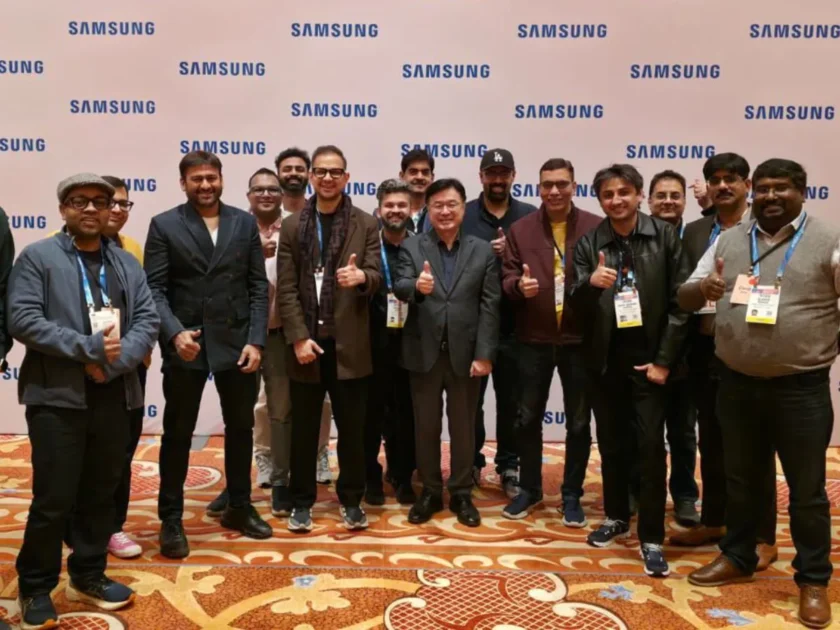Lucknow: The automotive industry is undergoing a dramatic transformation, driven by technological advancements that are reshaping how we design, manufacture, and interact with vehicles. Once dominated by traditional internal combustion engines, the sector is now rapidly embracing electrification, with electric vehicles (EVs) leading the charge toward a more sustainable future. This shift is complemented by the rise of autonomous driving technologies, where self-driving cars powered by AI and sensors promise to revolutionize road safety and efficiency.
Moreover, the automotive landscape is increasingly interconnected, with IoT and cloud computing enabling vehicles to communicate in real-time, enhancing navigation, diagnostics, and in-car experiences. The focus is no longer solely on vehicle ownership, as shared mobility platforms like ride-hailing and car-sharing are gaining ground, altering urban transportation dynamics.

Another groundbreaking change is the growing influence of software, with vehicles becoming more software-driven. Through over-the-air updates and digital innovations, cars are evolving into platforms that can adapt and improve over time. Meanwhile, advanced materials, hydrogen fuel cells, and regenerative energy technologies are pushing the boundaries of vehicle efficiency.

As these shifts converge, the automotive sector is not just changing its form but is also creating a new paradigm in transportation, one that is smarter, cleaner, and more interconnected.
The Changing Paradigm in Automotive Technology
- Electrification:
- Transition from internal combustion engines (ICEs) to electric vehicles (EVs) driven by environmental concerns, government policies, and advancements in battery technology.
- Autonomous Driving:
- Emergence of self-driving cars powered by AI, machine learning, and advanced sensor technologies, promising safer and more efficient transportation.
- Connected Vehicles:
- Integration of IoT, enabling real-time data exchange between vehicles, infrastructure, and cloud systems for enhanced navigation, diagnostics, and entertainment.
- Shared Mobility:
- Rise of car-sharing and ride-hailing platforms, shifting focus from ownership to accessibility, and emphasizing urban mobility solutions.
- Software-Defined Vehicles (SDVs):
- Cars increasingly rely on software updates and digital services for enhanced performance, personalization, and new functionalities over time.
- Lightweight Materials:
- Use of composites, aluminum, and advanced materials to improve fuel efficiency and performance.
- Hydrogen Fuel Cells:
- Exploration of hydrogen as an alternative fuel for clean, long-range transportation, particularly in commercial vehicles.
- Advanced Safety Systems:
- Development of advanced driver assistance systems (ADAS), including automatic braking, adaptive cruise control, and collision detection.
- Energy Regeneration:
- Integration of regenerative braking and solar panels for improving vehicle efficiency and energy reuse.
- Sustainability Focus:
- Push for eco-friendly manufacturing, recycling of batteries, and integration of green technologies in automotive production.
The automotive industry is evolving rapidly, with these paradigm shifts steering the sector toward a more sustainable, connected, and intelligent future.









